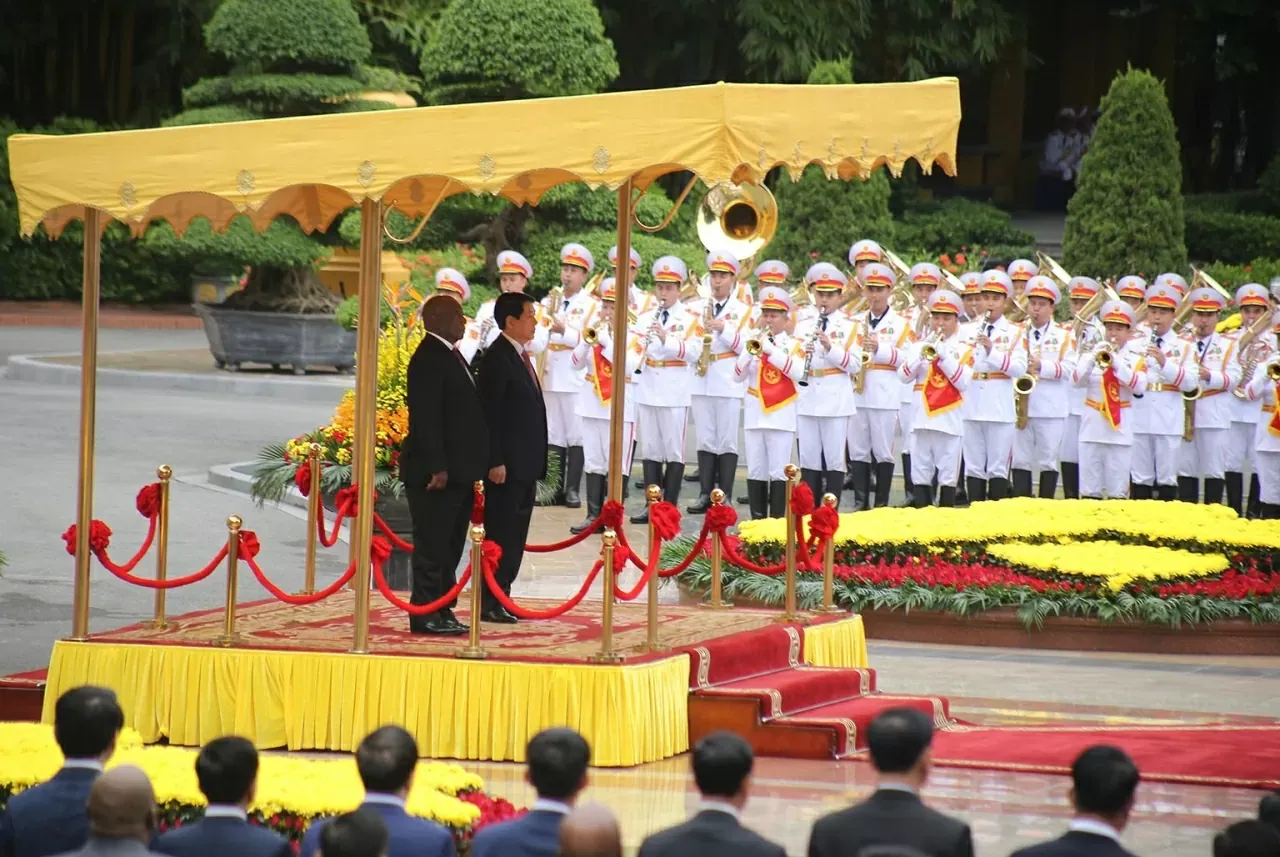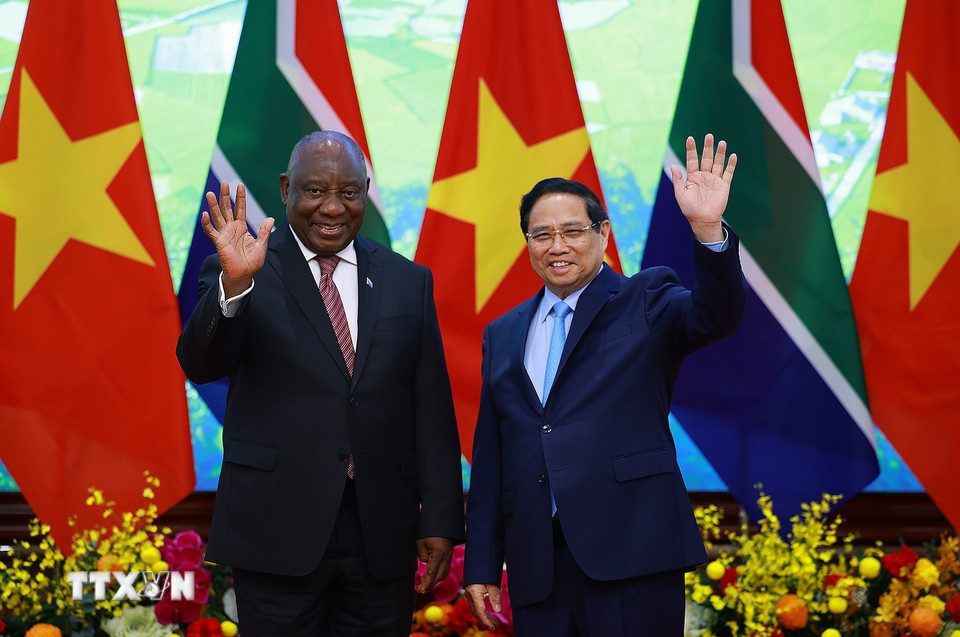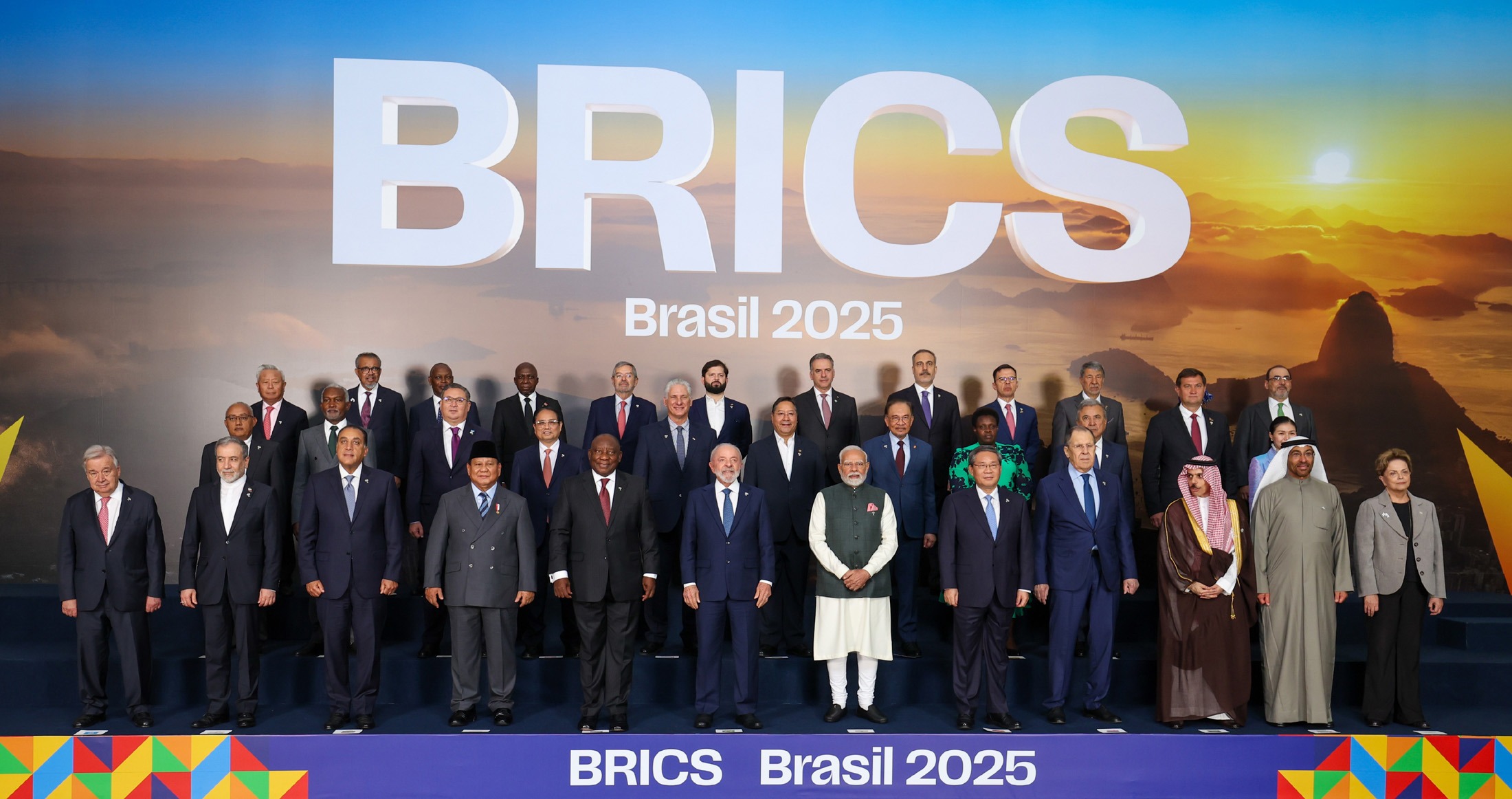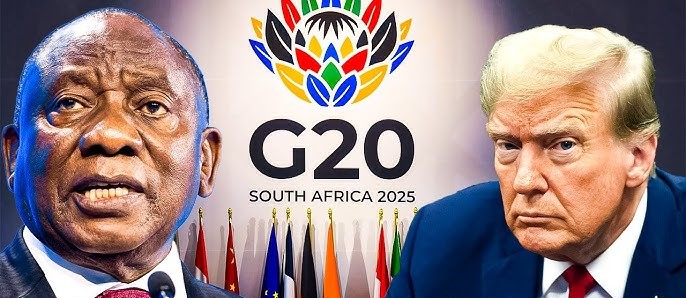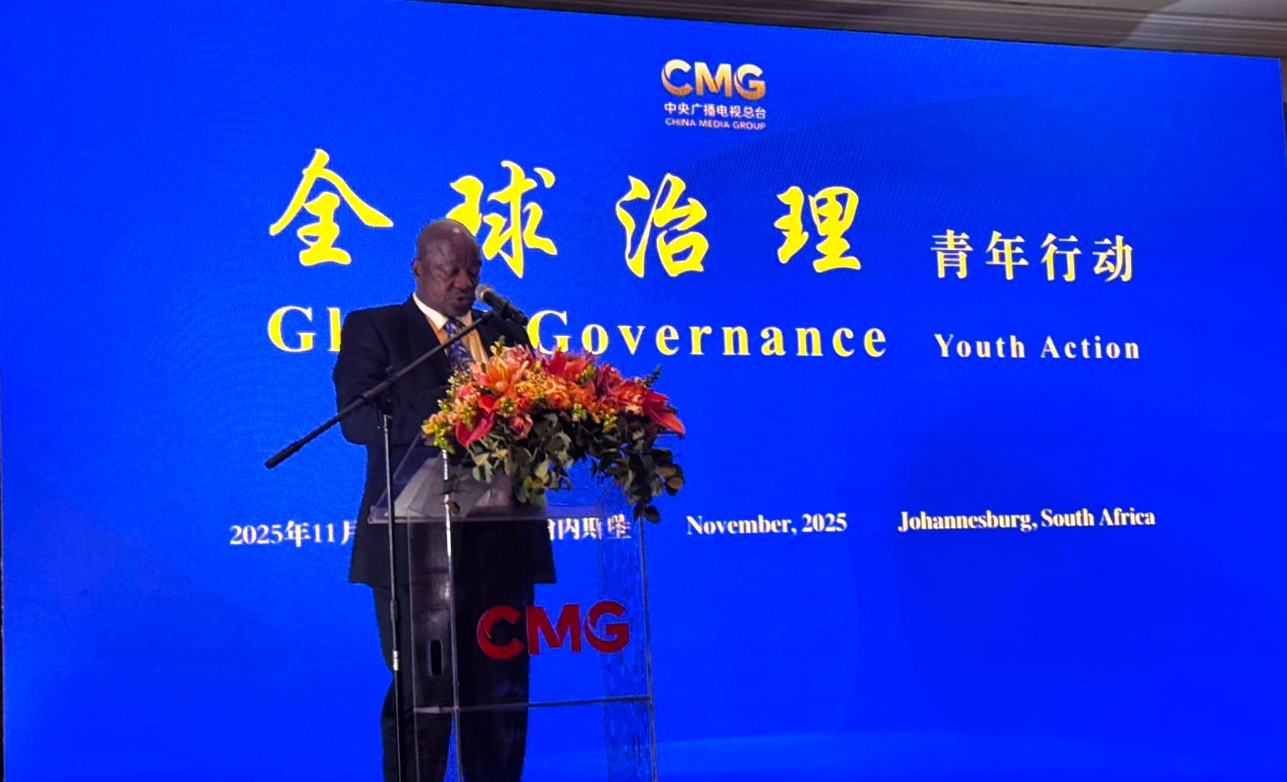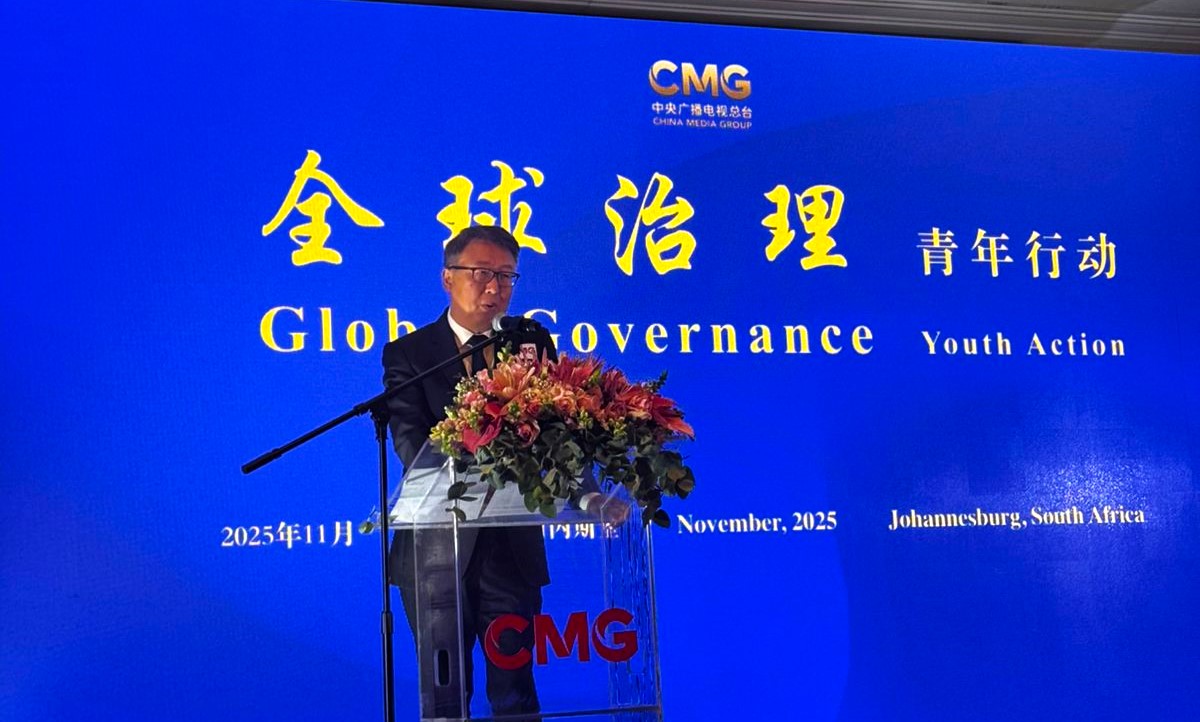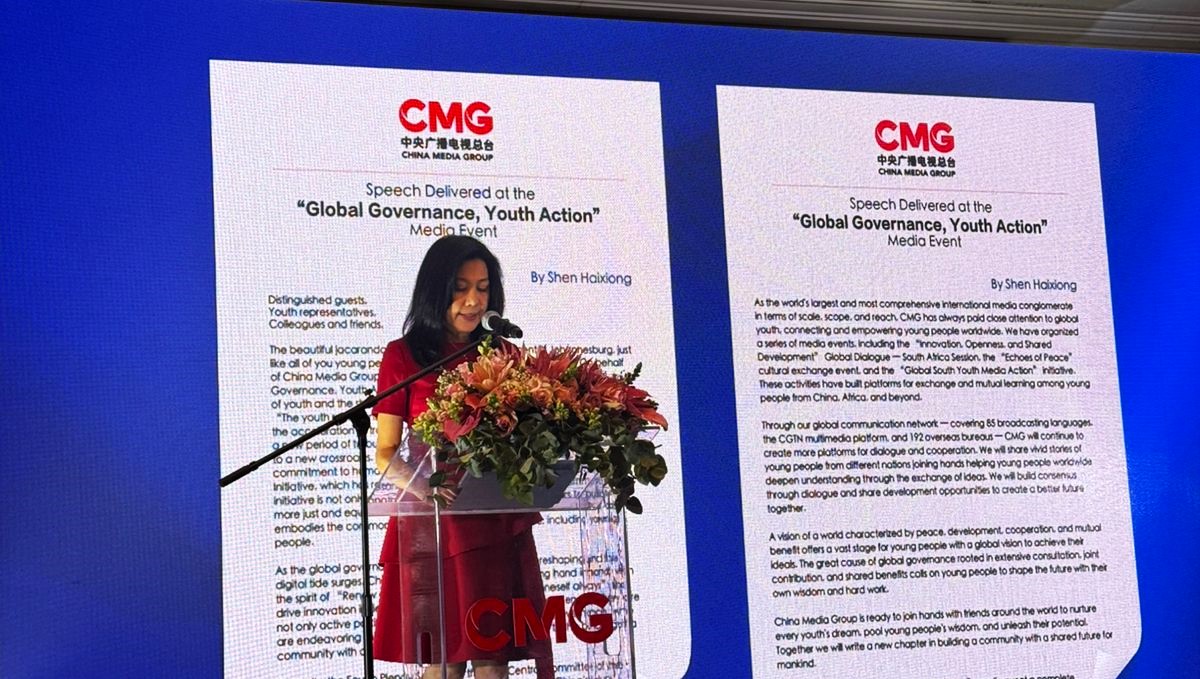Vietnam – shape new future, vision with Middle East-Africa region
After nearly four decades of Doi Moi (renewal), Vietnam has transitioned from a centrally planned and low-income economy to a socialist-oriented market economy, achieving significant improvements in scale, quality, and global standing.
The trajectory underscores not just economic gains but also the Party’s steadfast and creative mindset in its leadership over national development that has enabled Vietnam to chart a clearer course toward sustainable and deeper integration into the world.
A journey of renewal and breakthrough
Post-reunification, Vietnam grappled with a war-ravaged landscape – shattered cities and villages, gutted infrastructure and additional pressure from external embargoes. The centrally planned and subsidy-based economic model, which had proven effective during wartime, began to show its limitations in peacetime. Such conditions exposed the urgency for a shift in economic development mindset and a model capable of pulling the country out of crisis.
The sixth National Party Congress in 1986 marked a historic turning point, igniting a sweeping reform agenda, with economic renewal at its core. Vietnam shifted to a multi-sector commodity economy operating under the market mechanism with state management and socialist orientation. This transition unlocked domestic production capacity, flung doors open to trade and capital inflows, and generated fresh growth engines. As a result, the economy managed to escape from crisis and gradually make great strides in size and quality.

Economic growth as a measure of national strength
Economic growth is a clear demonstration of a country’s vitality and strength. For many consecutive years, Vietnam’s sustained GDP growth of 6% to 7% per annum, even amid global challenges, highlights its resilience.
The nation quickly recovered from both the 2008 financial crisis and the COVID-19 pandemic. The size of its economy has grown from 346 billion USD in 2020 to approximately 510 billion USD in 2025, positioning Vietnam as the 32nd largest economy in the world. Additionally, GDP per capita is expected to reach about 5,000 USD, 1.4 times the 2020 level, elevating Vietnam into the upper-middle-income category.
Agriculture as a pillar of economy and driver of integration
From a hunger-hit nation and chronic grain importer, Vietnam now ranks among the world’s top rice sellers and dominates coffee, pepper, cashew and tropical fruit exports. Agro-forestry-fisheries outbound sales went up18.7% from 2023 to a record 62.5 billion USD in 2024.
A nationwide rural development campaign has transformed the countryside, increasing household earnings and reducing poverty. Farming now supports national food security while integrating Vietnam further into global value chains.

Industry and construction – engines of modernisation
From modest and fragmented beginnings, Vietnam has grown into a hub for key manufacturing industries such as apparel, footwear, electronics, automobile, and mobile device production. The processing and manufacturing sector now leads growth, while the construction industry expands rapidly to support increasingly modern infrastructure.
Today, industry and construction account for around 38% of Vietnam’s GDP, reflecting a profound structural shift in the economy. The country has become a major regional manufacturing hub, integrating into global supply chains of Samsung, LG, Intel, and Foxconn. Hundreds of industrial parks, export processing and coastal economic zones have been popping up, reshaping the national economic landscape.
Trade and services – economic pillar
Services contribute nearly 42% of GDP, cementing a tri-pillar economy. The 17 ratified free trade pacts drove 2024 export-import turnover past 807 billion USD, yielding a 25 billion USD surplus, the ninth straight year in the black.
Inbound tourism exploded, with over 17.5 million foreign visitors in 2024 alone, burnishing Vietnam’s allure as a Southeast Asian magnet.
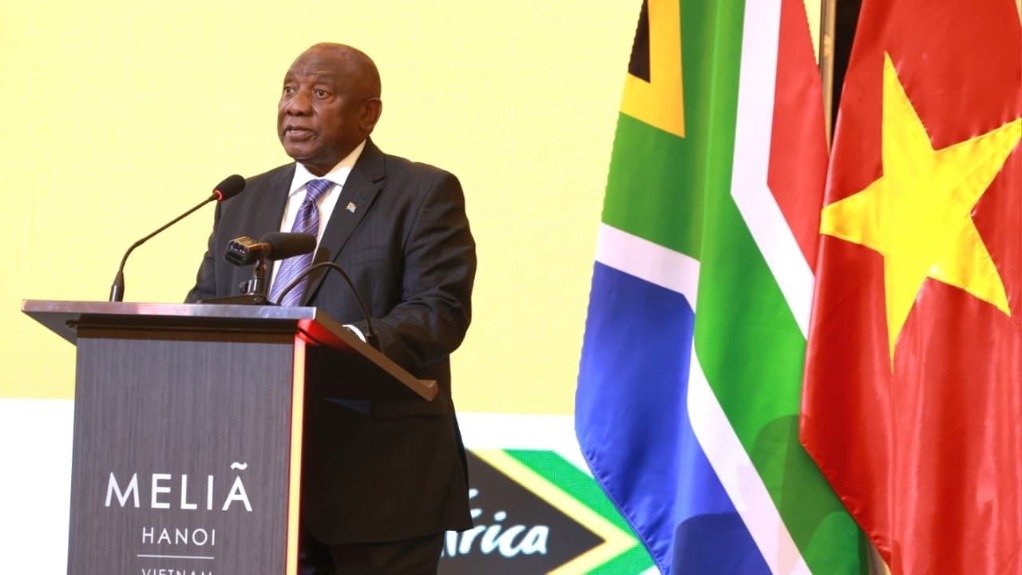
Infrastructure and digital transformation – key bedrock for development
Vietnam has developed an extensive network of expressways, major bridges, seaports, international airports, power systems, renewable energy facilities, and modern telecommunications and information technology infrastructure. Operational expressways exceed 2,000km, with 1,800km more underway; another 1,000-plus km are slated for completion by the end of 2025, pushing toward a 3,000km national network. Deep-water ports like Cai Mep – Thi Vai (Ho Chi Minh City) and Lach Huyen (Hai Phong city) now ship directly to Europe and North America, bypassing Singapore or Hong Kong (China) transhipment and honing cost edges.
Digital overhaul is flagged as a growth accelerator. Finance, retail, education, and public administration are digitising fast. The digital economy hit an estimated 18.3% of GDP in 2024, expanding over 20% annually, triple the overall growth rate and the top in Southeast Asia.
At the same time, Vietnam’s startup scene is booming in fintech, e-commerce, logistics, AI, and green tech, luring billions of US dollars in venture capital yearly and ranking among the region’s most vibrant.
Higher global standing
Building on a solid economic foundation, Vietnam has gradually asserted its standing on the global stage: expanding bilateral ties, joining key political and economic organisations, and integrating deeply into global value chains to become a trusted partner of many major economies. Consistent growth paired with social stability has further elevated its global reputation.

14th National Party Congress – orientations and future vision
The 14th National Party Congress is approaching, taking place at a time of rapid and profound global shifts, where challenges and opportunities are intertwined, from the Fourth Industrial Revolution and digital transformation to climate change, population ageing, and intensifying geopolitical competition. Against this backdrop, the congress holds special significance: it not only reviews 40 years of Doi Moi, but also charts Vietnam’s development direction for the strategic 2026–2030 period and outlines a long-term vision toward 2045.
The draft Political Report of the 13th Party Central Committee, which will be submitted to the coming congress, declares: “Under the banner of Solidarity – Democracy – Discipline – Breakthrough – Development, the Congress defines strategic thinking, vision and strategic decisions to firmly advance into a new era, successfully achieving the national development goals for 2030, when the Party marks its 100th anniversary (1930–2030), and realising the vision for 2045, when the Socialist Republic of Vietnam celebrates its centenary (1945–2045)”.
This strategic orientation reflects the Party’s long-term vision and commitment to continuous renewal in leadership thinking, with urgent requirements for breakthroughs in the growth model, economic restructuring, and fostering new driving forces such as science – technology, innovation, digital transformation, green transition, and knowledge-based economy. These factors are seen as essential not only for improving productivity and quality of growth, but also for helping Vietnam overcome the “middle-income trap” and advance toward a more independent, self-reliant, and deeply integrated economy.
Forty years of Doi Moi have recast Vietnam from a planned-economy laggard to a globally linked and vibrant market player with a socialist orientation. Heading into the 14th National Party Congress, the nation is doubling down on unity and transformative drivers of science – technology, digital transformation, and green transition to power a strong and prosperous Vietnam with a rising global stature.
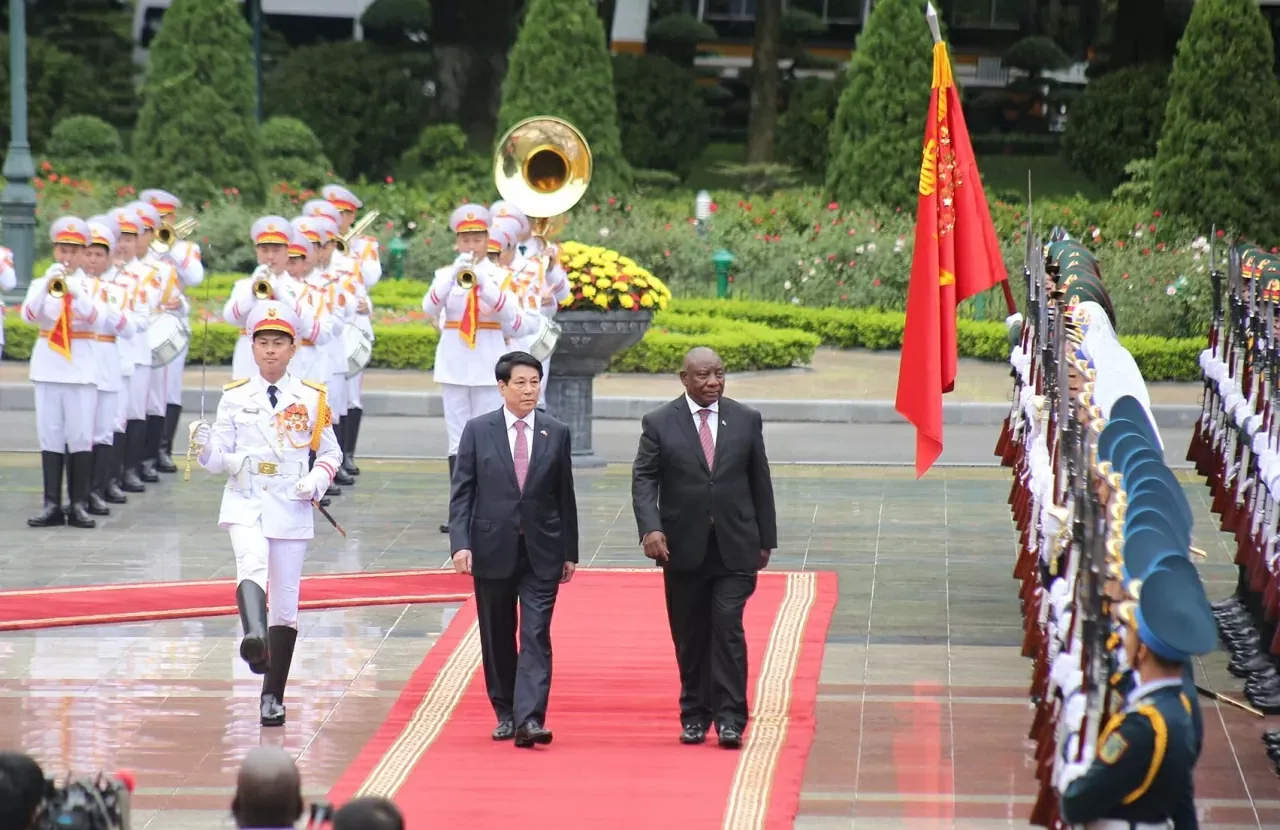
Shape new future, vision with Middle East-Africa region
At the invitation of the Prime Minister of the State of Kuwait Sheikh Ahmed Abdullah Al-Ahmad Al Sabah, the Prime Minister of the Republic of Algeria Sifi Ghrieb and the President of the Republic of South Africa Cyril Ramaphosa – G20 Chair 2025, Prime Minister of Vietnam Pham Minh Chinh and his spouse, along with a high-ranking Vietnamese delegation, will pay an official visit to Kuwait and Algeria, attend the G20 Summit and hold bilateral activities in South Africa from November 16-24.
The visit of Prime Minister Pham Minh Chinh will enhance these relations, bringing about concrete results in trade, investment, industry, mining, logistics, green supply chain and innovation with South Africa; expand cooperation in energy, investment, trade, processing industry, smart agriculture and education with Algeria; and strengthen cooperation in finance, trade, investment, energy, green infrastructure, food security, ODA and Halal industry with Kuwait.
Speaking to the press ahead of the trip, scheduled for November 16-24, Deputy Minister of Foreign Affairs Nguyen Minh Hang said the PM’s working trip follows the vibrant high-level foreign affairs activities of the Party and State leaders in recent times, carrying great significance both bilaterally and multilaterally. The mission, she noted, reflects Vietnam’s consistent foreign policy of independence, self-reliance, and diversification and multilateralisation of external ties.
South Africa is Africa’s largest economy, Chair of the G20 in 2025 and a key member of BRICS. Algeria, a long-standing friend of Vietnam, is serving as a non-permanent member of the UN Security Council for 2024-2025. Kuwait acts as chair of the Gulf Cooperation Council (GCC) in 2025.
Bilaterally, Vietnam boasts good friendship and cooperation with Kuwait, Algeria and South Africa. Hang stressed that Vietnam’s relations with South Africa, Algeria and Kuwait are grounded in solid political trust and long-standing friendship. South Africa is Vietnam’s first “Partnership for Cooperation and Development” in Africa; Kuwait was the first GCC country to establish diplomatic ties with Vietnam; and Algeria has been a loyal friend throughout 65 years of diplomatic relations.
The relationship between Vietnam and the three countries is developing more and more effectively and substantially. They are in a new “position” on their development path. Middle Eastern and African countries consider Vietnam a model of success in innovation and development, a model of increasingly positive and responsible contributions to the international community. This is an important basis for increasing political trust and the sharing of common values between Vietnam and countries in the Middle Eastern and African region.
PM Chinh’s trip carries an important message that Vietnam places great importance on advancing ties with Middle Eastern and African partners. The visits are expected to open a new phase of cooperation – more strategic, intensive and practical.
Regarding Vietnam’s contributions to the G20 Summit, Hang said PM Chinh will deliver Vietnam’s key policy messages, focusing on promoting global economic recovery, mitigating risks and enhancing cooperation in strategic sectors such as critical minerals, energy, and reform of global trade, finance and investment systems.
The participation offers Vietnam an opportunity to reaffirm its consistent foreign policy of being a reliable partner of the international community, always ready to work together in addressing global issues in a spirit of mutual respect and understanding, and contributing to the common development of humanity, Hang noted.
Through these messages and initiatives, Vietnam also aims to demonstrate its determination to innovate and rise in the new development era, reinforcing its role as a trusted, proactive and responsible partner committed to peace, stability, cooperation and sustainable development for all.
